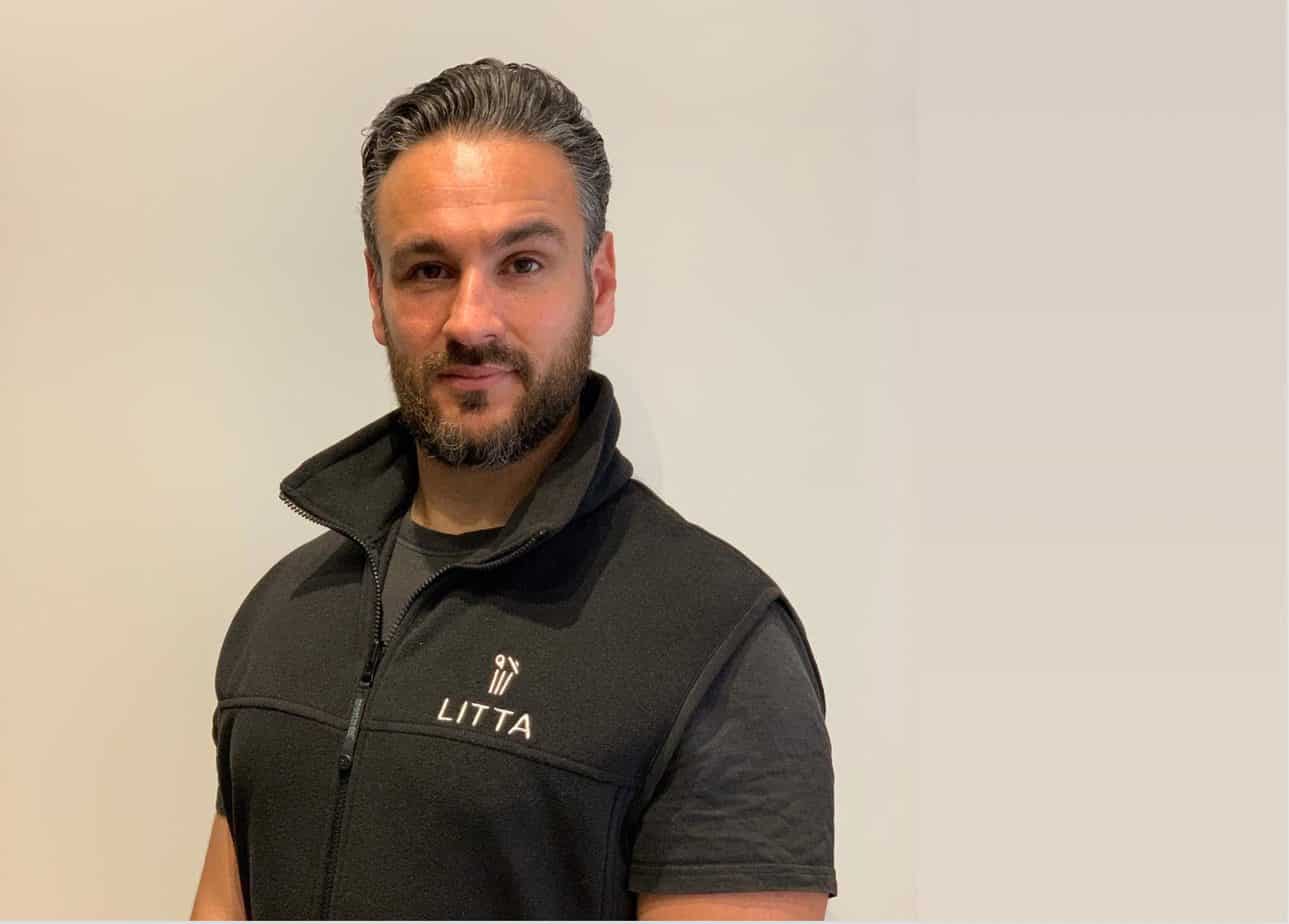Aaron Georgiou, CEO and Founder, Litta
For all the challenges posed by the COVID-19 pandemic, we should not overlook the response of the UK’s tech startup community, which has provided countless solutions to help the wider community during the crisis.
Since the UK went into lockdown, tech taskforces have been created so that the wider tech community can pool their resources together and use them to assist the NHS and government staff. The competencies of these taskforces range from digital health and cyber security support to education and support services for the elderly and vulnerable. All of this has required creative thinking with the ultimate aim of supporting the wider public.
We are often told that we must prepare for a “new normal”; primarily, this will involve the replacement of a physical world with a digital one. Indeed, people’s new-found reliance on various technologies during the lockdown will not dissipate simply because the Government relaxes social distancing measures.
Though perhaps a little niche, the use of technology within the waste removal industry is a prime example of how digital solutions have come to the fore during the lockdown and why these solutions are here to stay.
The fly-tipping crisis
Residential and commercial fly-tipping has become a serious issue as a result of the coronavirus pandemic.
Prior to the pandemic, fly-tipping was already costing UK councils £57 million a year. Sites were constantly having to be cleared up, and even an increase in fines has not helped reduce the total tonnage of illegal waste dumps. This problem has become even more serious since mid-March when lockdown measures were first introduced.
With councils and charities temporarily putting on hold their waste and rubbish removal services, and local recycling centres closing their doors, the number of fly-tipping cases has been rising. According to Countryside Alliance, there has been as much as a 300% increase in the number of fly-tipping cases in certain areas of the UK. This is a worrying trend and it will have a significant impact on people’s health and the environmental if not addressed.
Even with these services slowly returning to full operational capacity, there are still questions over whether local authorities will be in a position to stamp out fly-tipping in the UK.
Using tech to stop fly-tipping
In order to combat fly-tipping, local authorities need to implement a strategy which focuses on prevention and monitoring. At the moment, many councils have sought to prevent the issue through fines and investigations into companies and individuals responsible for illegal fly-tipping. When it comes to monitoring, however, it seems like many councils are simply not equipped to quickly find and respond to cases.
At the beginning of June, for example, Litta cleared a 75-tonne fly tip on a commercial estate in Uxbridge, London. This was the heaviest volume of waste we have cleared in our three-year history, but such cases are becoming more common. What’s more, the rubbish had been there for over a week before it was finally reported and we were then able to rapidly clear it.
Tech is ideally positioned to help overcome this issue. Smartphones are GPS enabled, which means that businesses and individuals can quickly pinpoint the exact location of a fly tip within seconds of coming across one, with local councils then alerted.
This is something we have been exploring at Litta. We recently launched a fly-tipping alert system to help councils. Through an online platform, anyone in the UK can report a fly-tipping site using their GPS. They can add pictures and further information about the tip, with this information is then transmitted to the local council for clearance.
What this use of tech illustrates is that by creatively using devices we already have in our pockets, those fighting against fly-tipping are able to receive reports in real time, monitor cases and develop new response strategies to curb illegal activities.
Cleaning the UK with technology
Despite the challenges posed by fly-tipping, it has been positive to see how tech startups can lead the fightback. Given their recent successes, I am hopeful that tech businesses will continue to play a crucial role in not only combatting fly-tipping, but also enhancing existing waste and rubbish disposal services post-pandemic.
Aaron Georgiou is the CEO and Founder of Litta – a London-based startup that connects consumers and businesses with professional waste carriers. Removals can be handled the same day, 90% of collected waste is recycled, and users receive confirmation that the rubbish has been disposed of legally.

